
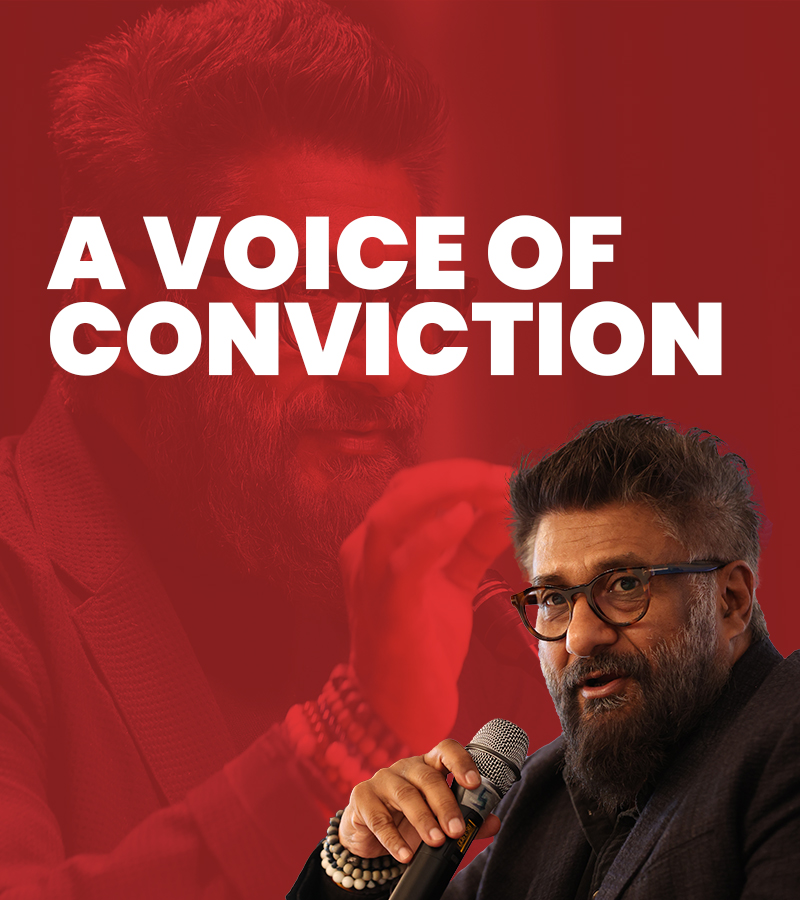
A Voice of Conviction: Exploring the Films and Vision of Vivek Ranjan Agnihotri
Dive into Vivek Ranjan Agnihotri’s filmmaking, a blend of bold storytelling, profound conviction, and a relentless pursuit of societal transformation.
Vivek Ranjan Agnihotri, a name synonymous with bold storytelling and unwavering convictions, has carved a distinct path in the Indian film industry. He is an independent filmmaker, director, writer, and producer known for his thought-provoking movies that delve into social and political realities. Agnihotri’s approach to filmmaking is deeply rooted in his belief in the power of cinema to educate, challenge, and inspire.
Famous Work and Recognition
Agnihotri’s work has garnered both critical and public acclaim. His 2022 film, The Kashmir Files, sparked national conversations about the exodus of Kashmiri Pandits in the 1990s. Other notable films include Buddha in a Traffic Jam (2016), which explores corruption and moral dilemmas, and The Tashkent Files (2019), which examines the mysterious death of former Prime Minister Lal Bahadur Shastri.
A Vision for Change
Vivek Ranjan Agnihotri remains dedicated to his vision of using cinema as a tool for social and cultural discourse. He actively engages in debates and discussions, advocating for a critical and reflective approach to understanding India’s past and present.
A Look into Agnihotri’s Worldview
We can turn to his own words to gain a deeper understanding of Agnihotri’s vision. The following quotes offer a glimpse into his philosophies and motivations as a filmmaker:
10 Powerful Quotes by Vivek Ranjan Agnihotri:
1. “I consider myself an independent filmmaker, crafting stories outside the mainstream Bollywood system.”
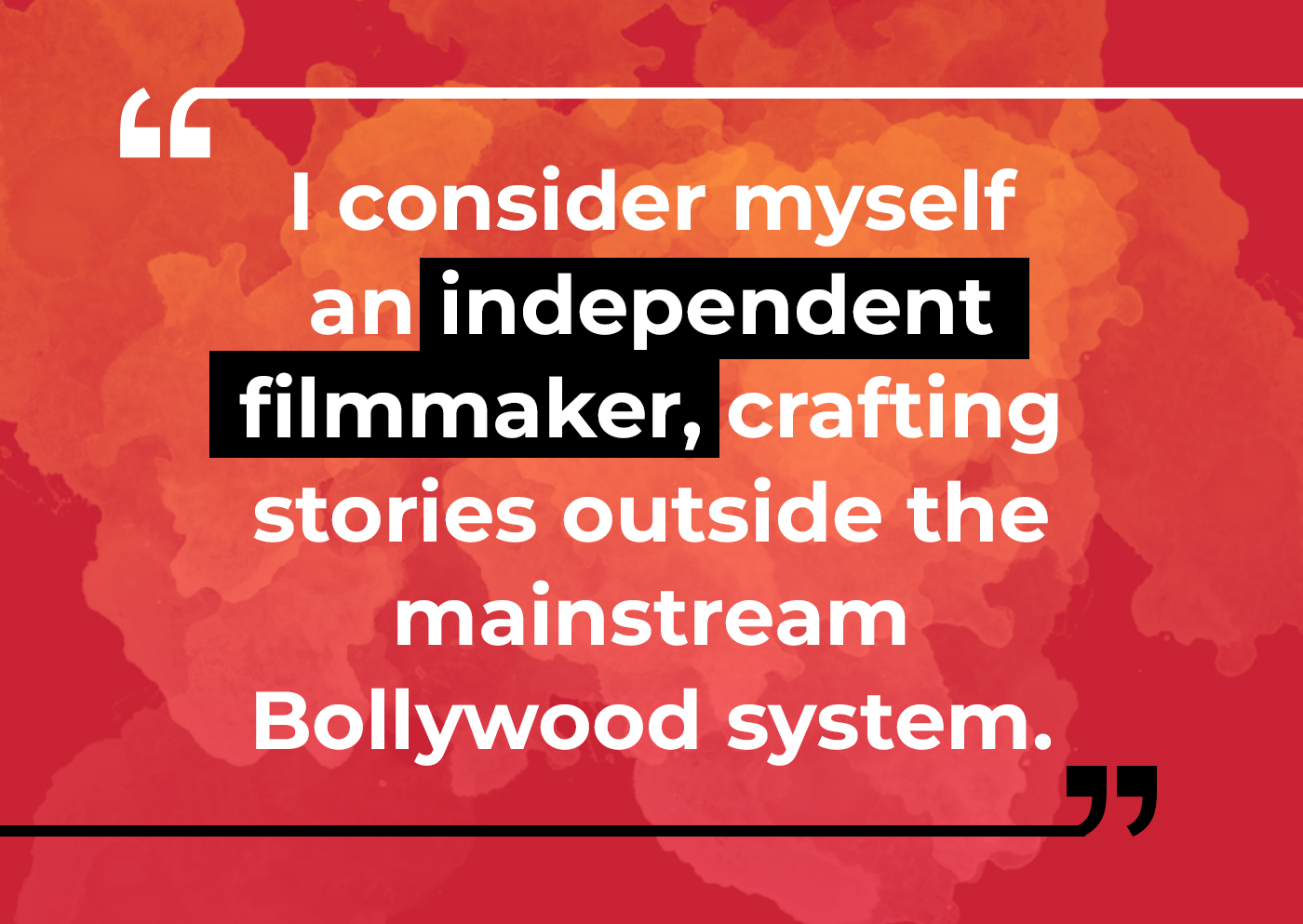
Agnihotri positions himself as a maverick in the Indian film industry, intentionally distancing his work from the commercial tropes and narratives that dominate Bollywood. His approach is rooted in a desire to bring untold stories and unconventional narratives to the forefront, showcasing his commitment to diversity in cinematic storytelling.
2. “We need to decolonize our minds and hearts.”
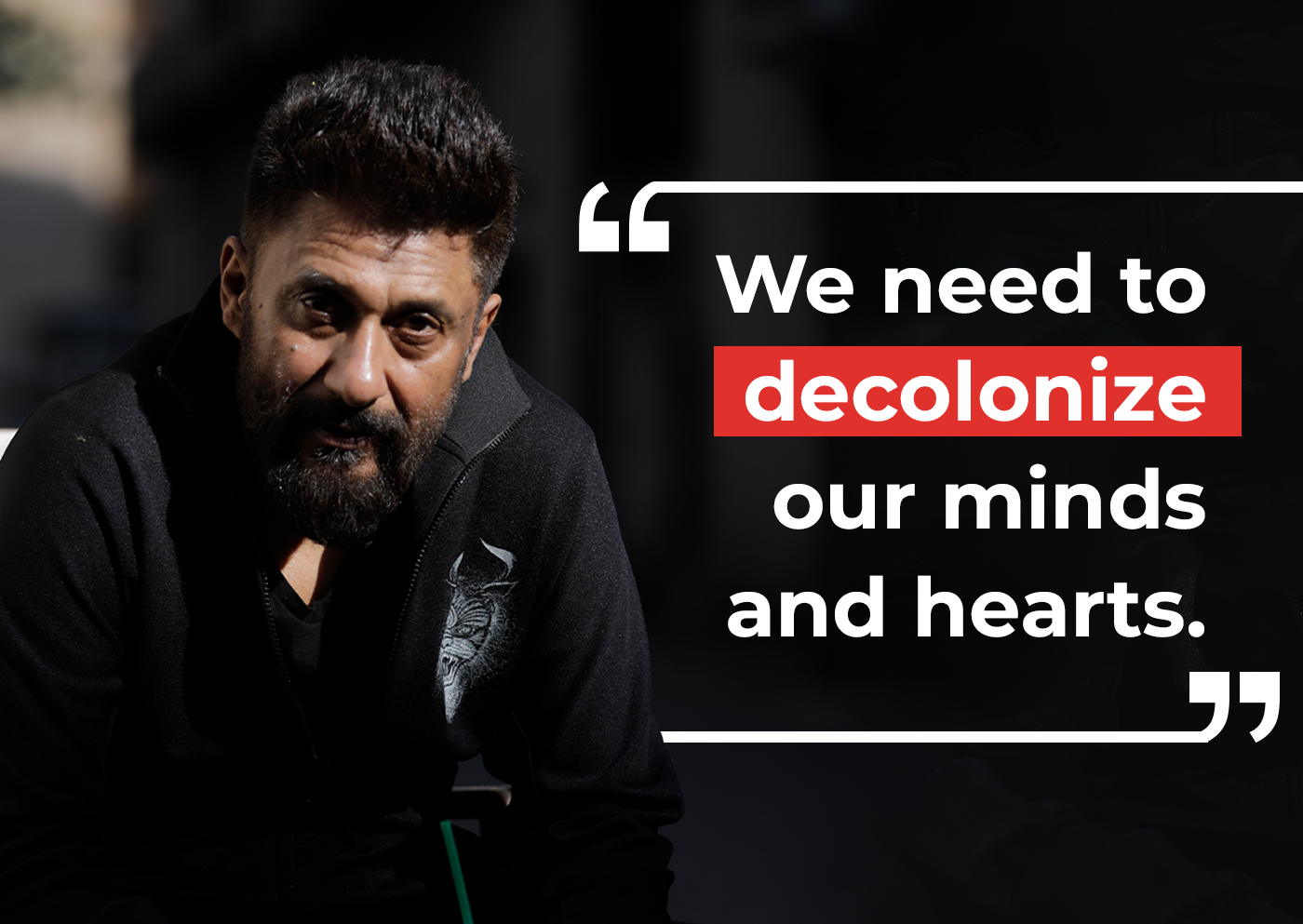
This statement is a call to action, urging individuals to shed colonial remnants that linger in perceptions and values. Agnihotri highlights the importance of reevaluating inherited narratives and embracing indigenous knowledge and stories, fostering a cultural renaissance that celebrates authenticity over imposed identities.
3.”Cinema is a powerful tool to change society. It can educate, challenge, and inspire.”
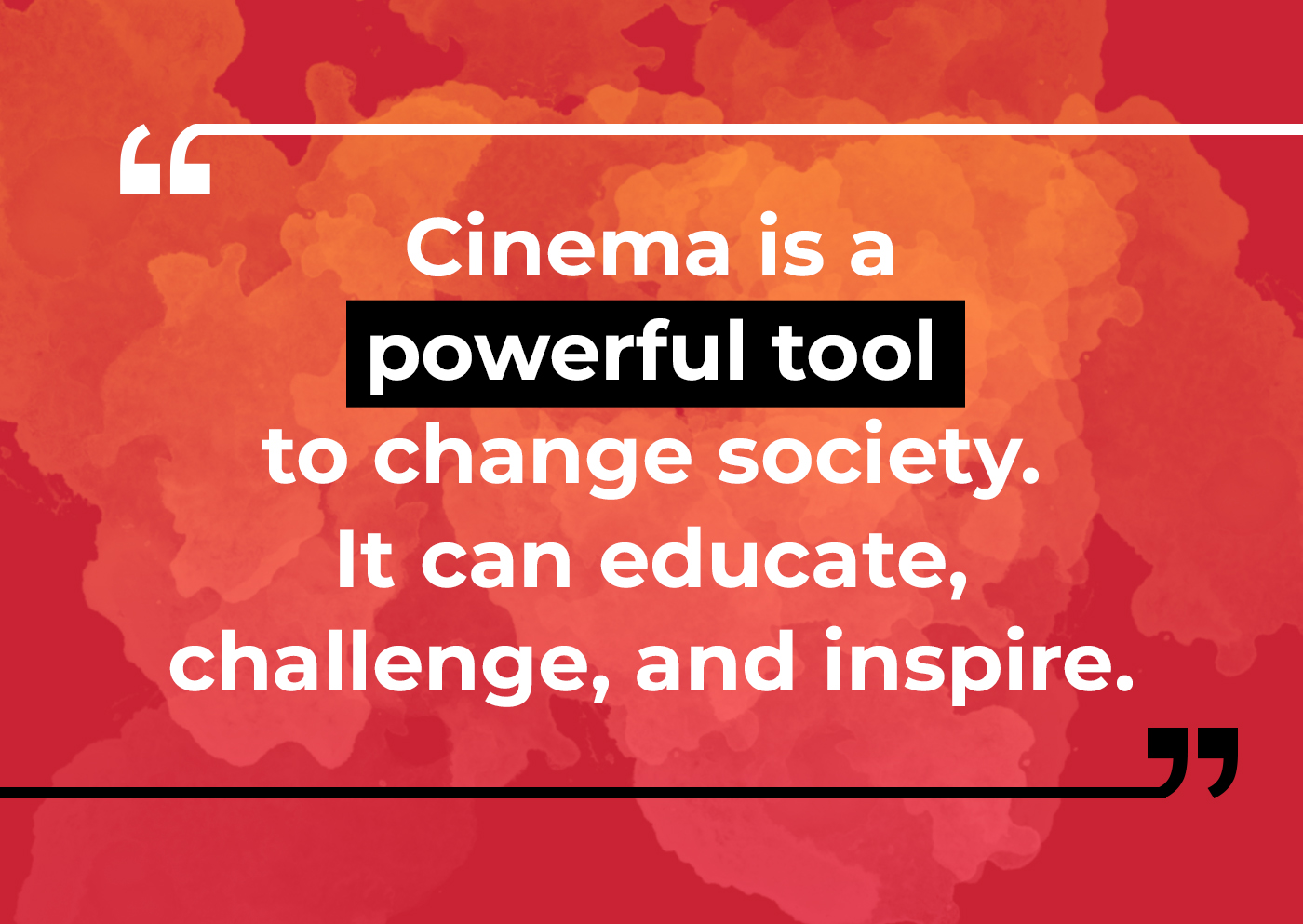
Agnihotri underscores the transformative potential of cinema, viewing it as a medium capable of influencing societal norms and values. He believes in leveraging the emotional and visual power of films to provoke reflection, spark dialogue, and inspire change, highlighting the social responsibility that filmmakers bear.
4. “Stories can shape our understanding of the world.”

Through this insight, Agnihotri acknowledges storytelling as a fundamental human activity that molds our perception of reality. He suggests that stories shape societal narratives, influencing how individuals perceive themselves and others and, ultimately, how they interact with the world around them.
5. “We need to tell stories that are rooted in our own culture and experiences.”
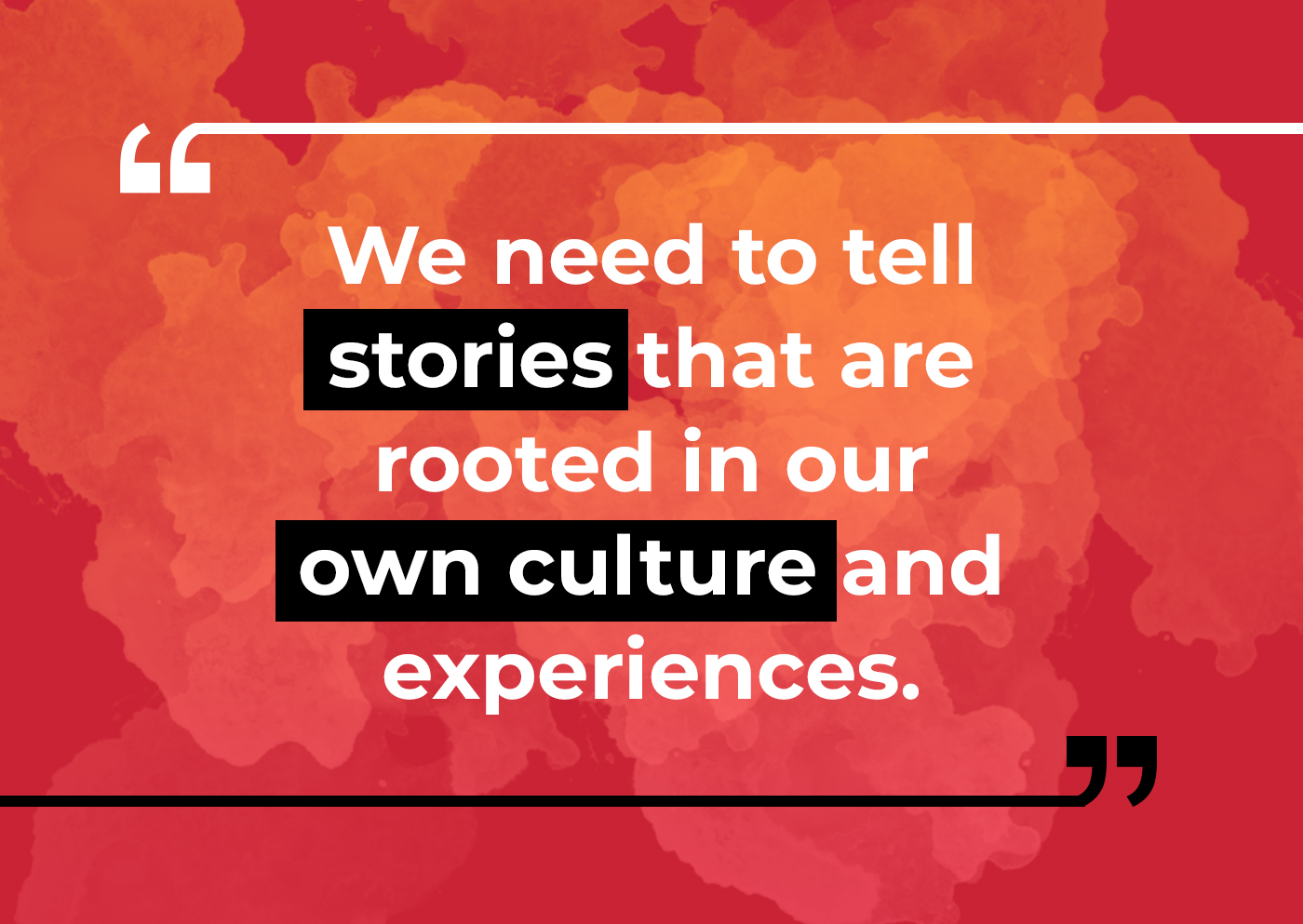
Agnihotri advocates for a narrative authenticity that draws from personal and cultural experiences. He emphasizes the richness and diversity of stories that emerge when storytellers mine their heritage, suggesting that such narratives contribute to a more nuanced and vibrant tapestry of global storytelling.
6. “It’s important to challenge the status quo and question the narratives that are being imposed upon us.”
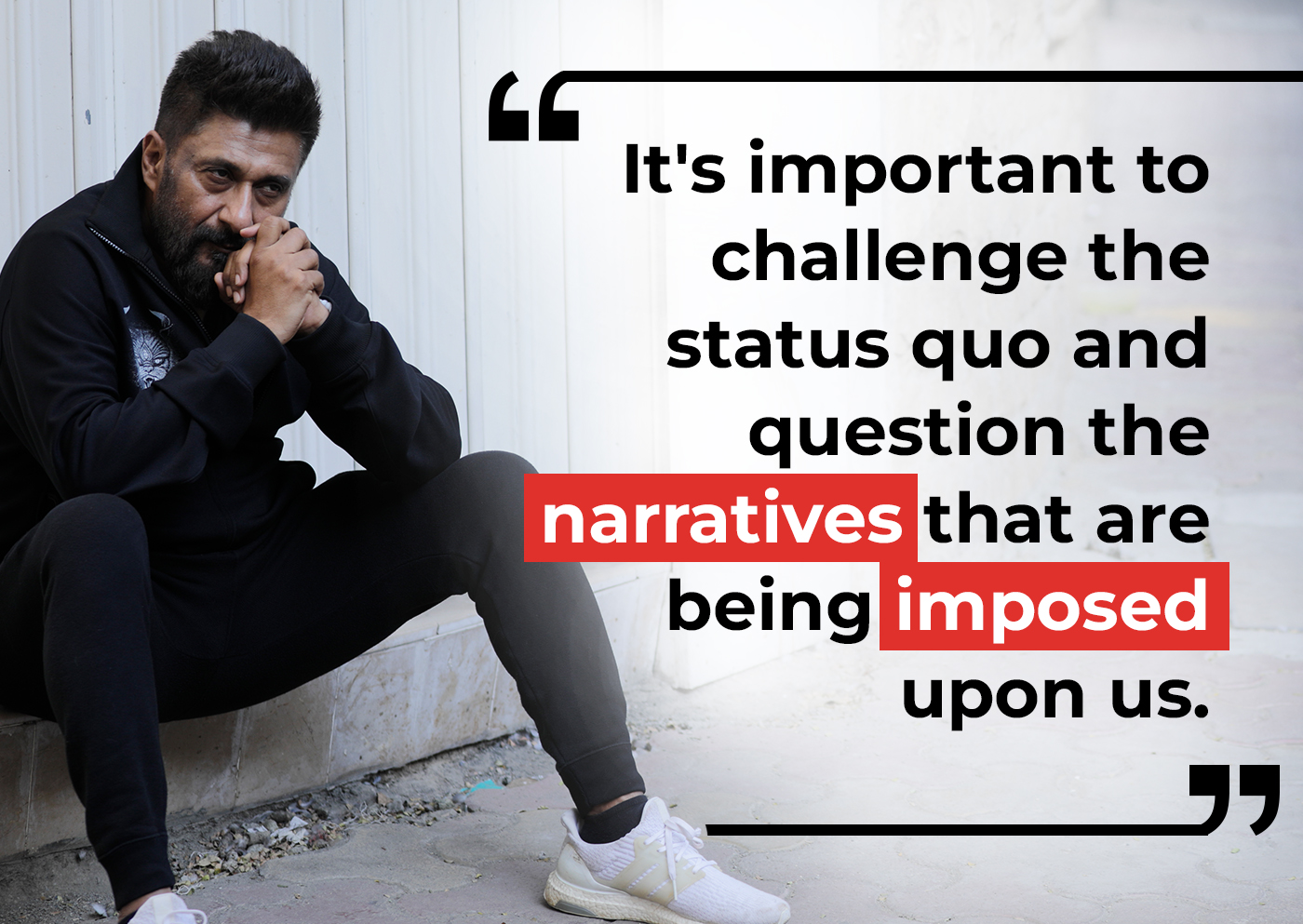
Here, Agnihotri champions the role of cinema and storytelling in questioning and challenging societal norms. He encourages a critical examination of accepted narratives and advocates for a dynamic engagement with stories that reflect a multitude of perspectives and truths.
7. “I believe that cinema is responsible for being truthful and authentic.”

This quote reflects Agnihotri’s ethos regarding filmmakers’ ethical obligations. He calls for integrity in storytelling that prioritizes truthfulness and authenticity, ensuring that cinema is a reliable mirror of society’s virtues and vices.
8. “Filmmakers should not shy away from making films that are critical of society.”
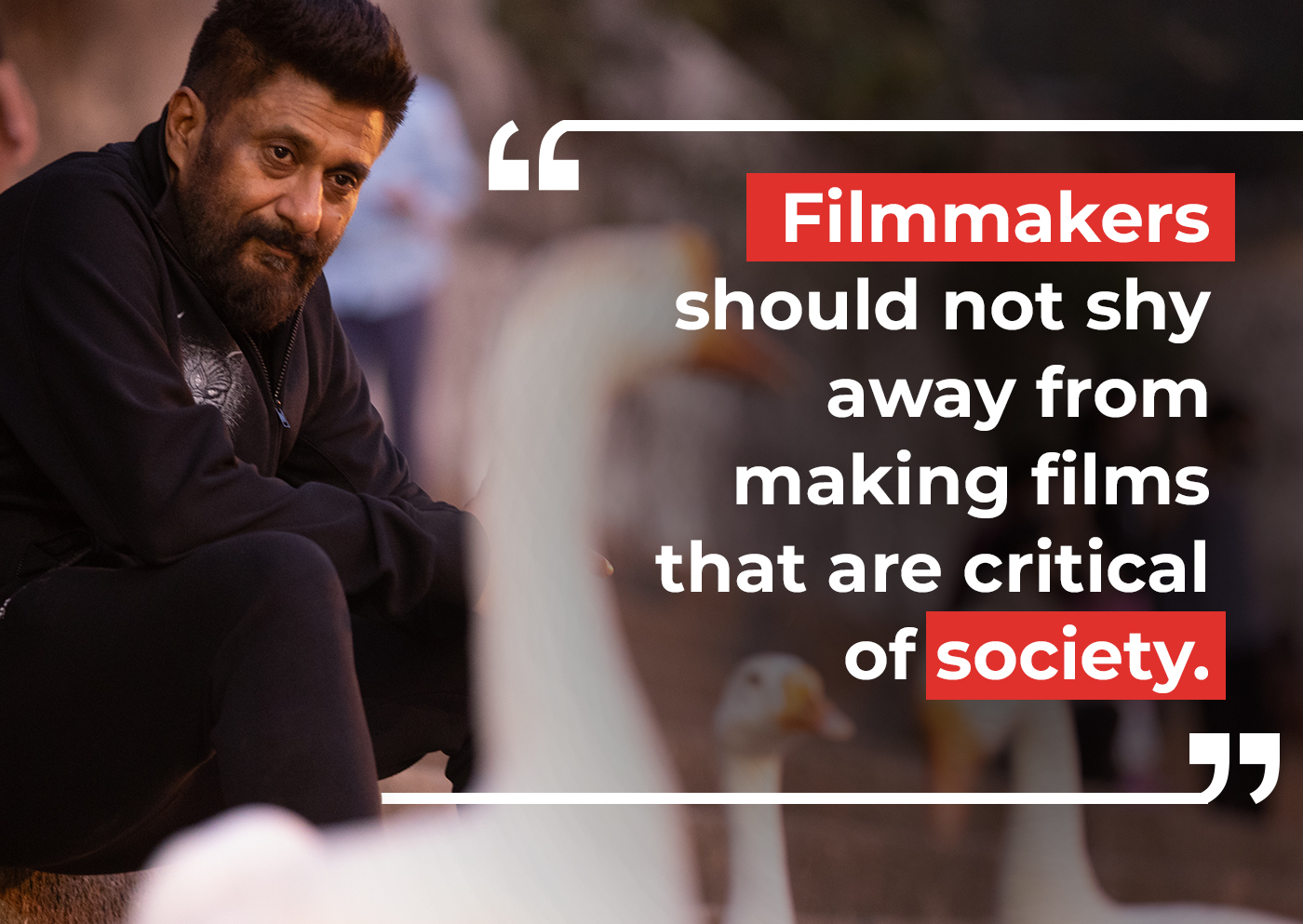
Agnihotri urges filmmakers to embrace cinema’s potential as a platform for social critique. He sees value in films that provoke thought and debate, challenging audiences to confront uncomfortable truths and engage with complex societal issues.
9. “Art should be a reflection of the times we live in.”

This quote reflects Agnihotri’s belief in the timely relevance of art. He sees art as a mirror to the present, engaging directly with the spirit and issues of its era. For Agnihotri, art is not just a creative expression but a chronicle that captures and reflects the prevailing moods, challenges, and ideologies of its time, making it a vital, living document of contemporary society.
10. “There is a need to create content that is meaningful and intellectually stimulating.”
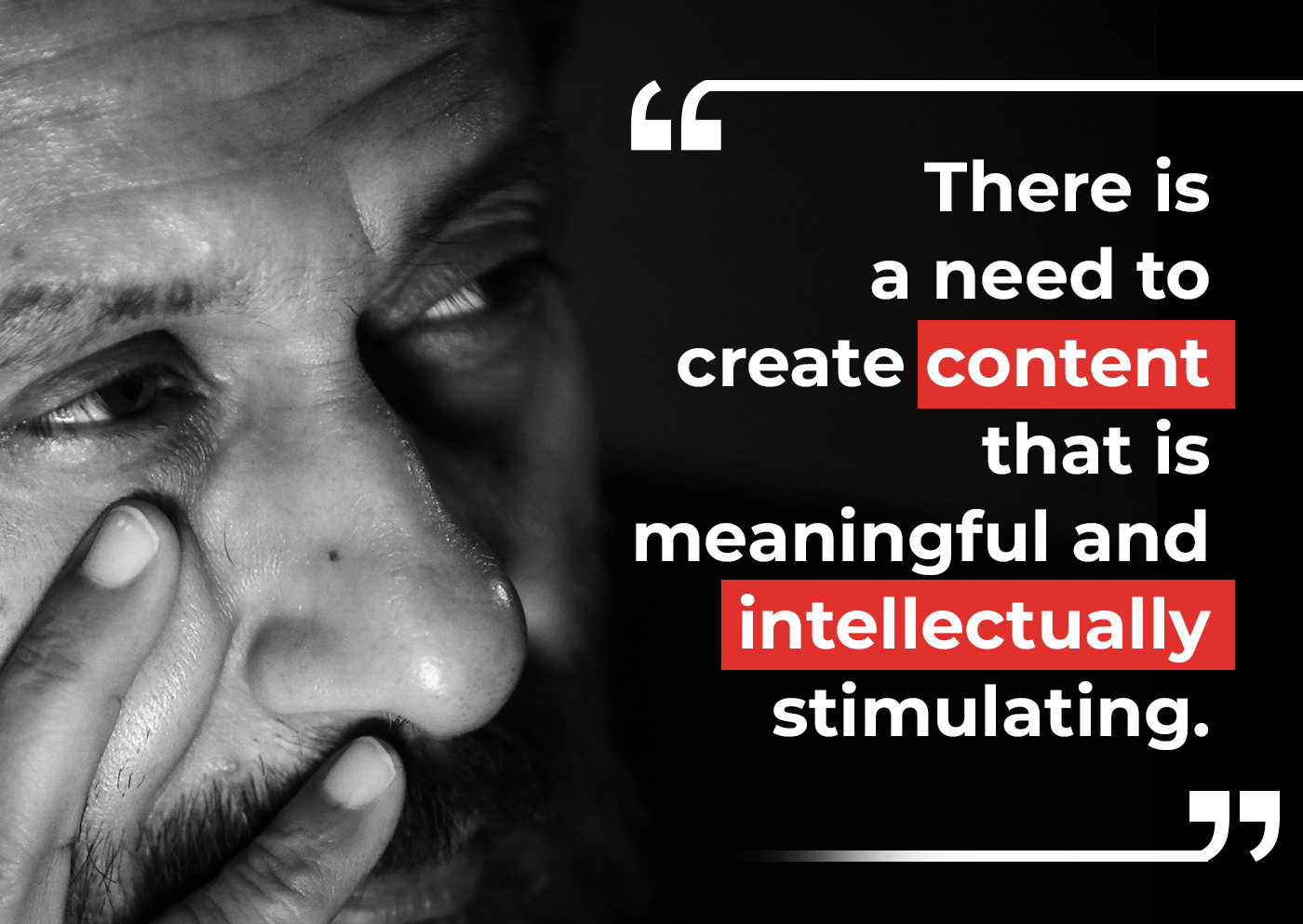
Agnihotri concludes with a call for depth and substance in content creation. He advocates for narratives beyond surface-level entertainment, challenging content creators to produce work that engages audiences on an intellectual and emotional level and fosters a culture of thoughtful consumption and discussion.
Vivek Ranjan Agnihotri’s voice in Indian cinema is powerful. He is a filmmaker who pushes boundaries and challenges conventions, using his craft to spark conversations, provoke thought, and inspire introspection. Whether you agree with his perspectives or not, there is no denying his passion and dedication to using cinema as a catalyst for social and cultural change. He reminds us that stories have the power to shape our understanding of the world and that filmmakers are responsible for wielding that power with integrity and purpose. As Agnihotri himself states, “There is a need to create content that is meaningful and intellectually stimulating.” As we engage with his work and the questions it raises, we can all contribute to a more informed and engaged discourse on the issues that shape our world.






